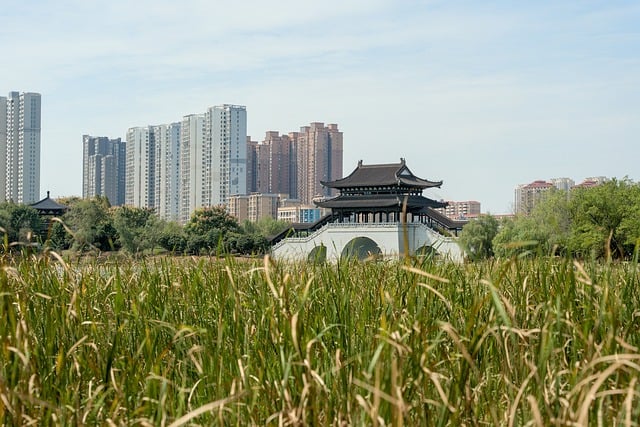In today’s fast-paced urban environments, the hustle and bustle of city life often obscures the importance of nature and the benefits it brings. However, with a bit of creativity and commitment, we can blend green practices into our urban cityscape, transforming our communities into flourishing ecosystems. Eco-friendly gardening is a powerful way to reconnect with nature, improve the environment, and enhance our shared spaces.
Imagine walking through your city, surrounded by tall buildings and bustling streets, and suddenly coming across a vibrant community garden overflowing with colorful flowers, lush green plants, and the cheerful buzz of pollinators. This is the transformative power of eco-friendly gardening, as it invites nature right into the heart of our cities. By dedicating small plots of land—be it vacant lots, rooftops, or even balcony spaces—to gardens, we breathe life into concrete landscapes and create oases where both people and wildlife can thrive.
One key aspect of eco-friendly gardening is the emphasis on sustainable practices that protect our environment. Utilizing native plants is a great starting point, as they are well adapted to the local climate and require less water and maintenance. By choosing plants that naturally belong to the local ecosystem, we not only make gardening easier but also support local wildlife such as bees, butterflies, and birds, fostering biodiversity right in our cityscape.
Compost systems are another fundamental element of eco-friendly gardening. Rather than throwing away organic waste, we can recycle it into nutrient-rich compost to enrich our garden soil. This practice not only reduces landfill waste but also promotes healthy plant growth, ensuring our gardens flourish. Additionally, water conservation methods, such as rainwater harvesting systems or drip irrigation, can further reduce our environmental footprint while keeping our plants hydrated and healthy.
Gardening in an urban setting also nurtures community building and engagement. Establishing a community garden allows neighbors to come together, collaborate, and share knowledge about gardening techniques while fostering friendships. This sense of community connection is especially vital in today’s increasingly digital world, as it brings people face-to-face, fostering relationships and a sense of belonging. These gardens can serve as an education platform, teaching local residents about the importance of environmental stewardship and the joys of growing plants.
Moreover, green spaces in urban areas can positively impact mental health and well-being. Studies have shown that exposure to green environments reduces stress, enhances mood, and increases overall happiness. By incorporating eco-friendly gardening into our cityscape, we create welcoming spaces where individuals can relax, reflect, and reconnect with nature. The vibrant colors, soothing scents, and tangible sensations of soil and leaves all contribute to a holistic urban experience that promotes well-being and rejuvenation.
As we navigate through a rapidly changing world, it is crucial to consider how our urban spaces can evolve to accommodate nature. Incorporating eco-friendly gardening practices into our cityscape will not only beautify our communities but will also promote environmental sustainability and enhance the quality of life for everyone. Let us embrace the call of gardens in our cities and cultivate a greener, healthier, and more connected community for all to enjoy.




